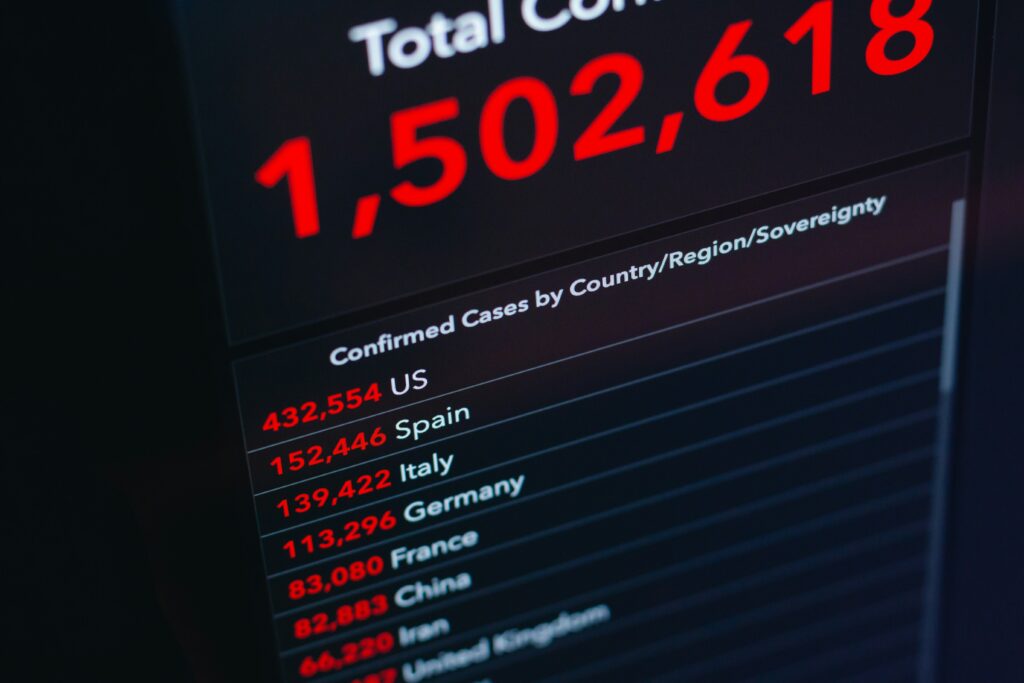Exploring the world of sports gambling unveils a diverse landscape of regulations that vary significantly from one region to another. From the bustling streets of Las Vegas to the bustling online platforms in Europe, each area boasts its unique set of rules governing this multi-billion dollar industry. As I delve into the intricate web of sports betting laws, it becomes evident that understanding these regional differences is crucial for both enthusiasts and industry professionals alike.
Navigating through the maze of regulations, I’ll shed light on how different regions approach sports gambling, highlighting the nuances that shape the industry’s landscape. Whether it’s the strict oversight in some jurisdictions or the more liberal frameworks in others, the dynamics of sports betting regulations paint a vivid picture of the global gambling scene. Join me on this enlightening journey as we uncover the fascinating world of how sports gambling regulations vary by region.
Overview of Sports Gambling Regulations
When it comes to sports gambling regulations, it’s crucial to understand the distinct approach each region takes. Exploring the regulatory frameworks provides valuable insight for enthusiasts and industry professionals alike. Let’s delve into the major factors influencing regional differences and analyze the key regions along with their specific regulatory frameworks.
Major Factors Influencing Regional Differences
- Legislation: The legislative landscape plays a significant role in shaping sports gambling regulations. Each region has its own set of laws governing the industry, influencing everything from licensing requirements to permissible betting options.
- Cultural Attitudes: Cultural norms and attitudes toward gambling vary widely across regions. These beliefs often impact the strictness or leniency of sports gambling regulations, reflecting societal values and preferences.
- Economic Impact: The economic implications of sports gambling are another key factor. Regions may implement regulations to maximize revenue potential, balance consumer protection, and address potential social costs associated with gambling.
- Technology and Innovation: Advancements in technology have revolutionized the gambling landscape. Regions embracing online platforms and mobile betting apps may have different regulations compared to those focusing on traditional brick-and-mortar establishments.
Global Perspectives on Sports Gambling Regulations
- United States: In the US, sports gambling regulations have undergone significant changes in recent years. Following the Supreme Court’s decision to legalize sports betting, individual states now have the authority to regulate the industry, leading to a diverse regulatory framework across the country.
- Europe: Europe boasts a well-established gambling market with varying regulations in different countries. While some nations have liberalized their approach to sports gambling, others maintain strict regulatory measures to ensure consumer protection and integrity in the industry.
- Asia: The Asian gambling market is diverse, with countries like Macau and Singapore known for their thriving casino industry. However, sports betting regulations in Asia can be complex, influenced by cultural norms, government policies, and the rise of online gambling platforms.
- Australia: Down under, Australia has a long history of sports betting, with a regulatory framework focused on harm minimization and responsible gambling practices. The country has stringent regulations in place to address issues such as problem gambling and underage betting.
By examining these major factors and key regions, we gain a comprehensive understanding of how sports gambling regulations vary globally, reflecting the unique characteristics and priorities of each region.
Sports Gambling in the United States

Sports gambling in the United States is subject to unique regulations that vary significantly from state to state. Understanding these differences is crucial for both enthusiasts and industry professionals looking to navigate the complex regulatory landscape.
- State-by-State Variations
In the United States, sports gambling regulations are primarily determined at the state level, leading to a diverse range of approaches across different states. For example, states like Nevada have a long history of legalized sports betting, with a well-established industry that includes both physical sportsbooks and online platforms. On the other hand, some states have only recently legalized sports gambling following the 2018 Supreme Court decision that allowed individual states to regulate such activities.
- Federal Impact and Recent Legislative Changes
While states have significant autonomy in regulating sports gambling, federal laws and policies also play a crucial role in shaping the industry. The Federal Wire Act of 1961 and the Professional and Amateur Sports Protection Act (PASPA) of 1992 were historically important federal regulations that influenced sports betting in the US. However, the repeal of PASPA in 2018 opened the doors for states to legalize sports gambling, leading to a wave of legislative changes across the country. Additionally, ongoing discussions at the federal level regarding sports gambling regulations continue to impact the industry’s future trajectory.
European Approaches to Sports Gambling
In Europe, sports gambling regulations vary significantly across different countries, reflecting the diverse cultural and legislative landscapes within the region. Understanding the approaches taken by European nations towards sports betting is essential for comprehending the overall regulatory framework in this part of the world.
The UK’s Comprehensive Betting Framework
The United Kingdom boasts a comprehensive and well-established framework for sports betting, characterized by a robust regulatory system overseen by the UK Gambling Commission. This regulatory body ensures that operators comply with strict guidelines regarding consumer protection, responsible gambling measures, and integrity in sports betting. The UK’s approach emphasizes transparency and accountability, providing a model for effective regulation in the sports gambling industry.
Variability Across EU Member States
Within the European Union, member states exhibit significant variability in their approaches to sports gambling regulation. While some countries have embraced liberalized markets with a focus on consumer choice and competition, others maintain more restrictive policies driven by concerns around problem gambling and societal impact. This diversity highlights the complex interplay between national sovereignty and EU regulations, shaping the regulatory landscape for sports betting across Europe.
Asian Markets and Regulatory Environments
Understanding the nuances of sports gambling regulations in different regions is crucial for both enthusiasts and industry insiders. Let’s delve into how regulations in Asian markets shape the gambling landscape, focusing on specific examples like China, Japan, and emerging markets.
Strict Regulations in China and Japan
In China, sports gambling is largely prohibited, with strict regulations in place to curb unauthorized betting activities. The Chinese government views gambling as a social ill and has implemented stringent measures to deter its practice, including severe penalties for those involved in illegal gambling operations.
Similarly, Japan maintains a rigorous stance on sports betting, with laws prohibiting most forms of gambling. While certain forms of wagering are allowed, such as horse racing and certain sports lotteries, casinos and sports betting face significant restrictions. The Japanese government is deliberating on the legalization of integrated resorts, but the regulatory framework remains stringent.
Emerging Markets and Their Evolving Policies
Across Asia, emerging markets are witnessing shifts in their gambling policies as they navigate the evolving landscape of sports betting. Countries like Vietnam and the Philippines are gradually liberalizing their gambling sectors to attract foreign investment and boost tourism.
In Vietnam, recent legislation has relaxed restrictions on sports betting, opening up opportunities for both domestic and international operators. The government aims to capitalize on the growing interest in sports gambling while ensuring regulatory oversight to prevent issues like money laundering and match-fixing.
The Philippines, on the other hand, has established economic zones catering to the gambling industry, providing a conducive environment for casino and sports betting operators. With a regulatory framework supervised by the Philippine Amusement and Gaming Corporation (PAGCOR), the country aims to balance economic growth with responsible gambling practices.
These evolving policies in emerging Asian markets reflect a dynamic shift towards embracing sports gambling while maintaining regulatory control to safeguard against potential risks and promote responsible gaming practices.
Impact of Regulations on Sports Betting Markets
I’ll delve into how sports gambling regulations impact betting businesses and the integrity of sports.
Effects on Betting Businesses
Regulations directly influence the operational landscape for betting businesses. Compliance with varying legal requirements dictates where and how these businesses can operate. In the United States, the state-by-state regulatory approach has created a patchwork of rules, impacting market accessibility and revenue streams for operators. In contrast, the centralized regulatory frameworks in countries like the UK provide clearer guidelines for businesses, fostering a more stable market environment.
Implications for Sports Integrity
Regulations play a fundamental role in safeguarding the integrity of sports. Stringent regulatory measures help combat match-fixing, illegal betting activities, and other threats to fair play. In regions with comprehensive regulatory oversight, such as the UK, measures like mandatory reporting of suspicious betting patterns enhance transparency in sports competitions. Conversely, regions with lax regulations may face challenges in upholding sports integrity, potentially exposing events to corruption risks.



